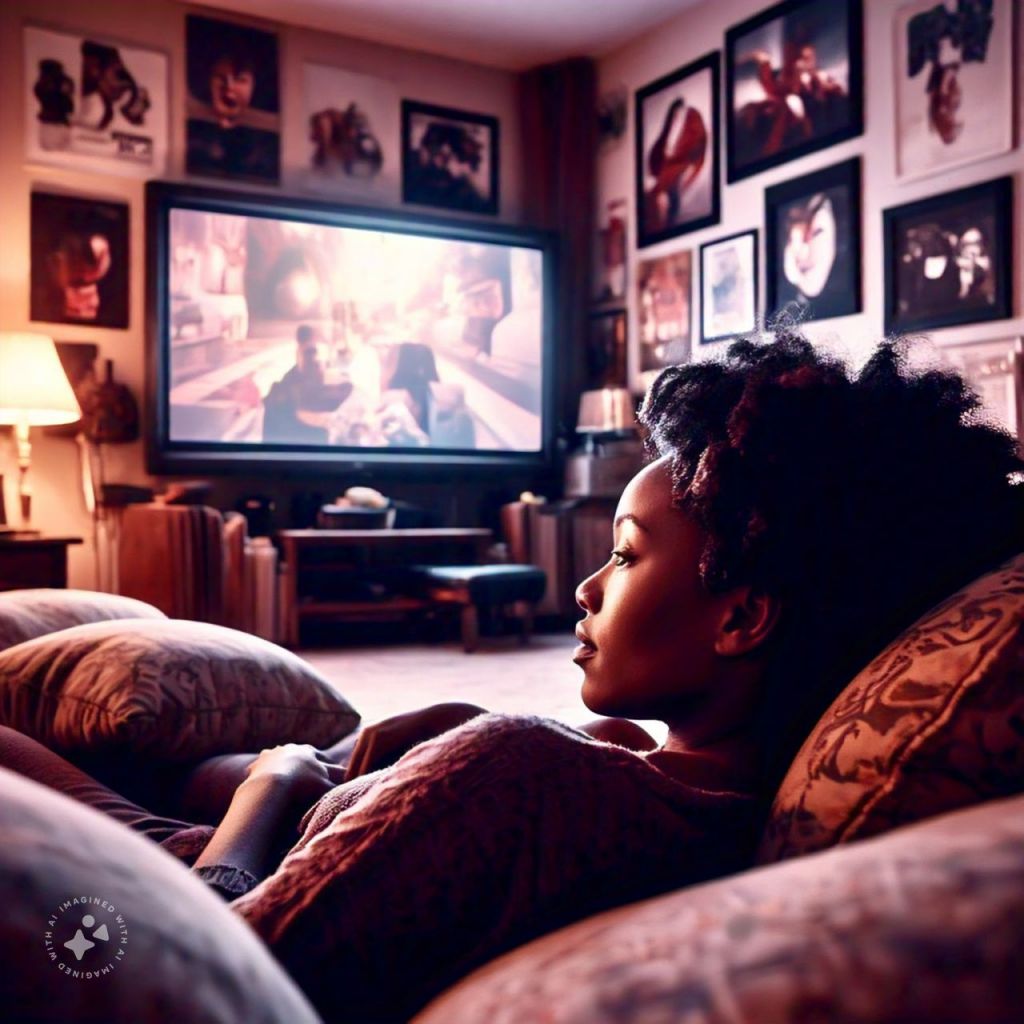
Movies and dreams are both forms of storytelling, one shaped by filmmakers and the other by your subconscious mind. Both can transport us to places we’ve never been, make us feel emotions we didn’t know we had, and leave us questioning reality.
Have you ever watched a movie so intense, moving, or downright terrifying that it later creeps into your dreams? One moment you're running errands in your subconscious, and the next, you're being chased by the villain from the last movie you saw. It’s fascinating and slightly eerie how our minds can blend movies into the world of our dreams. But why does this happen? Let’s dive into the psychology behind how movies influence dreams and why our favourite (or most haunting) films often reappear when we least expect them.
Movies are, at their core, immersive storytelling. From the eerie music that plays before a jump scare to the heartfelt dialogues that tug at your emotions, films are designed to capture your attention and make you feel. But your brain doesn't switch off when you go to bed after that cinematic experience. It begins processing everything you’ve seen, heard and felt, and movies often get swept into this nightly mental cleaning process.
According to research, dreams are often a reflection of our waking life, influenced by what we’ve recently experienced. Movies, especially highly emotional or visually striking ones, stimulate the part of our brain responsible for memory, emotion, and imagination. That’s why after a late-night horror binge, you might find yourself trapped in your very own thriller during REM sleep.
READ ALSO: Building worlds that tell stories: This is how to be a set designer
The Emotional Connection
Movies that evoke strong emotions like fear, sadness, or even joy are more likely to influence dreams. For example, a horror film might leave you feeling anxious, and your brain could replay similar scenarios in your dreams as it tries to make sense of that fear.
Lucid Dreaming and Creative Minds
Have you ever realised you were dreaming and decided to control the plot? This is called lucid dreaming, and people who frequently watch movies or engage in creative storytelling might be more prone to this phenomenon. The visual and narrative cues from movies prime your brain for storytelling, even in your sleep.
The Tetris Effect
Psychologists have observed something called the “Tetris Effect,” where repetitive visual stimuli influence what people dream about. For instance, if you binge-watch Squid Game, don’t be surprised if your dreams take on a survival-game twist. It’s your brain’s way of replaying what it has been exposed to.
Not all movies have the same effect on your dreams. The genre you watch plays a significant role in shaping your nighttime adventures.
Horror: Watching horror films like The Conjuring or Deliverance can lead to nightmares or stress-induced dreams. The suspense and jump scares activate your fight-or-flight response, which lingers in your subconscious.
Romance: Romantic films like The Notebook or Crazy Rich Asians may lead to warm, emotionally charged dreams or even memories of loved ones.
Sci-Fi and Fantasy: Films like Inception or Interstellar often inspire surreal, out-of-this-world dreams, as they stimulate your imagination and curiosity about alternate realities.
Action/Thrillers: High-adrenaline films can translate to fast-paced, intense dreams. You might find yourself in car chases or solving puzzles in your sleep after watching movies like Mission Impossible.
Why Do Some Movies Haunt Us More Than Others?
Ever notice that some films seem to haunt your dreams for days while others fade away? That’s because certain movies leave a stronger psychological imprint. For instance, if a movie resonates with a personal fear, memory, or desire, your brain is more likely to replay it in your dreams. Similarly, films with ambiguous endings can leave your mind racing, trying to resolve unanswered questions, which can manifest as dreams.
Can Movies Influence Your Mood Through Dreams?
Absolutely. If you’ve ever woken up feeling uneasy after a nightmare or euphoric after a joyful dream, you’ve experienced the mood-altering power of dreams. Watching emotionally intense movies before bed can amplify this effect. A feel-good rom-com might give you cheerful dreams, while a dark psychological thriller might leave you feeling on edge.